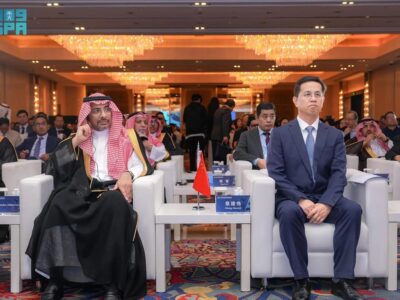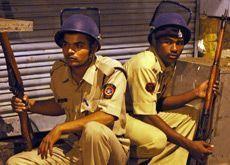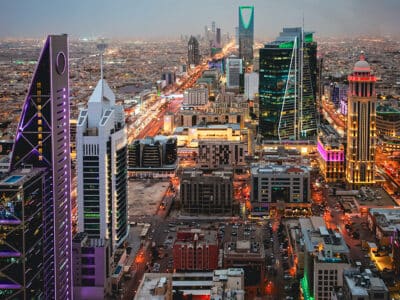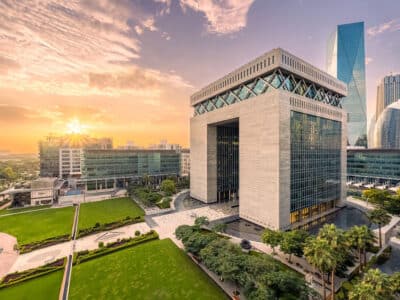An Indian court sentenced to death a Pakistani found guilty of waging war during the 2008 assault on Mumbai, ending the country’s fastest major terrorism trial and opening the way for appeals that may last years. “The penalty should be in proportion to the crime committed,” Judge ML Tahaliyani said as he read out the punishment. “The man has lost his right for humanitarian treatment. The court has to keep in mind not only the rights of the accused, but also of the victims and society.”
Kasab, 22, was sentenced to hang on four charges including murder and conspiracy to murder. Five lesser crimes drew terms of life imprisonment. Kasab, who was made to stand for the sentencing, made no comment before being led away.
Death sentences are restricted for crimes considered the “rarest of the rare” in India and can be delayed for years by appeals all the way up to the Supreme Court or clemency appeals to President Pratibha Patil. India’s last execution was in 2004 for the rape and murder of a schoolgirl. Pakistan is under pressure to pursue its closed trial of members of the Lashkar-e- Taiba group that India says trained Kasab.
Home Minister Palaniappan Chidambaram said May 3 each of 29 mercy petitions pending will be considered in the order in which they were filed before his ministry and the president.
Tahaliyani earlier found Kasab guilty of most of 86 charges against him including the killing of top police officers after a 17-month probe into attacks in which 166 people died. He declared Kasab one of 10 gunmen who attacked a rail station, luxury hotels, a cafe and Jewish center in a 60-hour rampage. The siege of India’s financial capital collapsed five years of peace talks between the nuclear-armed neighbors.
Special public prosecutor Ujjwal Nikam demanded the death penalty, telling the court built inside a high-security Mumbai jail that any other punishment will mean India continues “to be a soft target” for militants. Defense counsel sought leniency citing Kasab’s age.
“The case was a challenge for us,” Nikam said after today’s sentencing. “We ran the trial in an open and dignified way,” he said.
Tahaliyani said May 3 there was evidence to show 20 of 35 Pakistanis sought by India, including Lashkar chief Hafiz Saeed, helped plan the attack.
While India and Pakistan have agreed to rebuild ties, the government in New Delhi is closely watching the trial across its border and other action against militant groups based there before fully committing itself to wide ranging dialogue on issues like the disputed region of Kashmir and tensions over water-sharing treaties.
Kasab’s trial broke records in India where legal wrangling often drags proceedings on for years. A court in Mumbai in August sentenced three people to death, including a married couple, for planting two bombs that killed 52 people in the financial capital in 2003. The judgment for 1993 serial bombings that killed 257 people in the city was delivered 13 years later in 2006, when 100 people were convicted.
Chidambaram told reporters Kasab’s guilty verdict was a “message to Pakistan that they should not export terror to India.”
The U.S. has accused Chicago man David Coleman Headley of helping plan the Mumbai assault. Headley in March pleaded guilty to conspiring to bomb sites in India and aiding and abetting in the murder of Americans there.
Indian authorities will be able to question Headley directly, the Indian Embassy in Washington said. The arrest of a U.S. citizen of Pakistani origin in connection with a failed car bombing in New York City at the weekend has added to concerns about the growing reach of South Asian militancy.
India’s government says Laskhar-e-Taiba, whose name means “Army of the Pure,” that was formed to fight Indian rule in the divided Himalayan territory of Kashmir, ordered the Nov. 26- 29, 2008, attacks. The assailants landed in the coastal city at night in a dinghy before spreading out in small groups.
In a shift in strategy for groups attacking India, Kasab and his accomplices armed with automatic weapons and grenades targeted businessmen and tourists, a strike at the international links that helped India’s economy grow at the world’s fastest pace after China.








